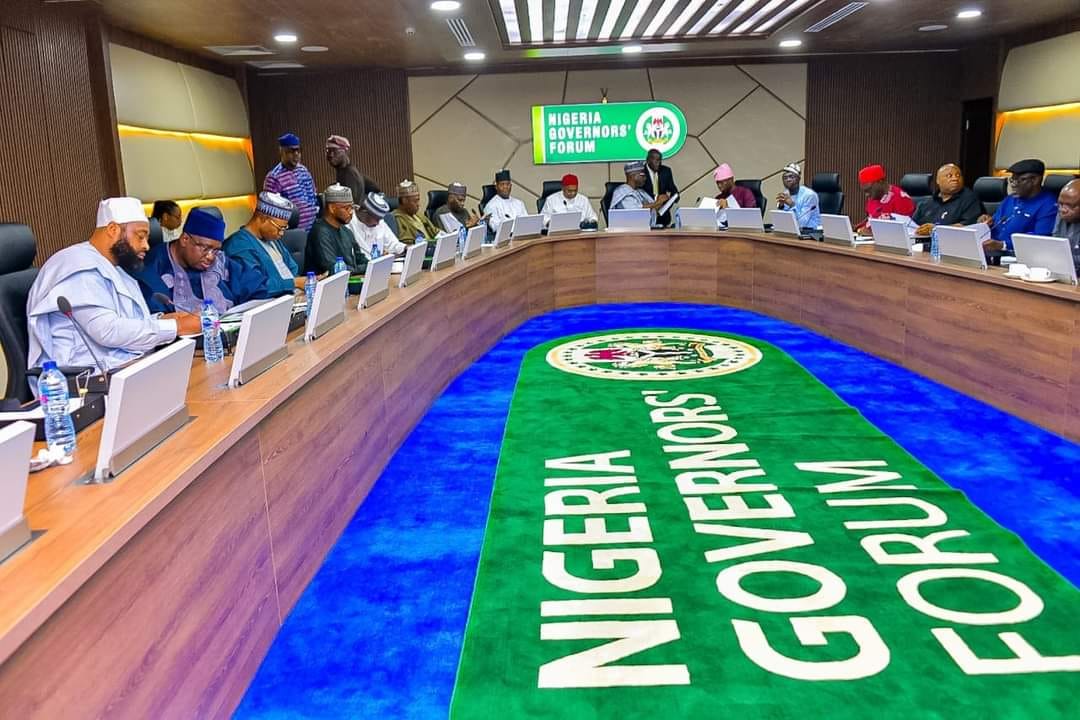All the major stakeholders should do more to stem the scourge
Communal clashes and reprisal killings have plagued the country for decades. From Aguleri and Umuleri communities in Anambra State to Erin Ile and Offa in Kwara State to Wanikade and Wanihem communities in Cross River State, these violent eruptions have become a serious national security problem. Today, as the global community marks the 2025 International Day of Non-Violence, there must be a commitment by leaders in many of our communities to embrace peaceful dialogue in resolving disputes that often lead to bloodshed.
In 2007, the United Nations decided to use the birthday of Indian statesman, Mahatma Gandhi to remind the world that there is nothing that cannot be achieved through peaceful means. It is a lesson we must imbibe in Nigeria. There is hardly any zone in the country today where there are no conflicts, particularly on land borders between states. Yet, even within the states, there are violent eruptions among contiguous communities. Apart from the alarming death tolls, the losses to the economy because of these deadly clashes cannot be easily quantified. Thousands of people have been killed; several families are today dislocated with countless people physically and psychologically maimed for life. The future ambitions of many Nigerians, particularly children, have also been cut short or disrupted in many of the communities.
The problem is compounded by millions of illegal Small Arms and Light Weapons (SALWs) in the country. The ease of access to these weapons has made individuals and communities more fortified and hence less amenable to entreaties to make peace. Many communities are self-arming to protect themselves, to go on the offensive or for reprisal attacks. The frequency of the clashes demonstrates that we are teetering towards a lawless society, with all the frightening implications for peace and security in the nation.
These violent clashes have practically laid waste the country’s food basket. Since 2001, the once peaceful Plateau State, with a glorious climate, has been embroiled in ruinous and costly communal clashes which have consumed thousands of lives and displaced tens of thousands. The situation in Benue State is not better. Yet, in all these bloody eruptions, security forces have not much to cheer as they often arrive at scenes of violence after the damage had been done. Indeed, some have been implicated in the past for taking sides. Even community leaders as well as political and religious leaders who ordinarily should help in bringing peace and order are mostly often the ones leading the rhetoric of hate which fuels the cycle of violence.
Meanwhile, failure to apprehend and prosecute the perpetrators of these heinous crimes seems to encourage the propensity for violence as a means of redressing perceived grievances. We therefore call on authorities in Abuja and the 36 states to arrest this rapid and steady slide into anarchy by addressing all conditions that make violent attacks tools of expressing grievances between and among communities. We also enjoin them to devise effective conflict resolution mechanisms, create an early warning system that would alert of a brewing crisis, equip security agencies with modern intelligence gathering tools and promote policies that encourage peaceful coexistence and social harmony. Community and religious leaders must also rise to help in promoting peaceful co-existence among our people.
Above all, we must accept that the insecurity confronting the nation is no longer a series of random and opportunistic attacks. Drafting military troops to theatres of violence arising from land disputes has over the years proved to be no solution. The time has come to realise the severity of the threat to our national security by reassessing the current strategies which have become ineffectual and costly.


